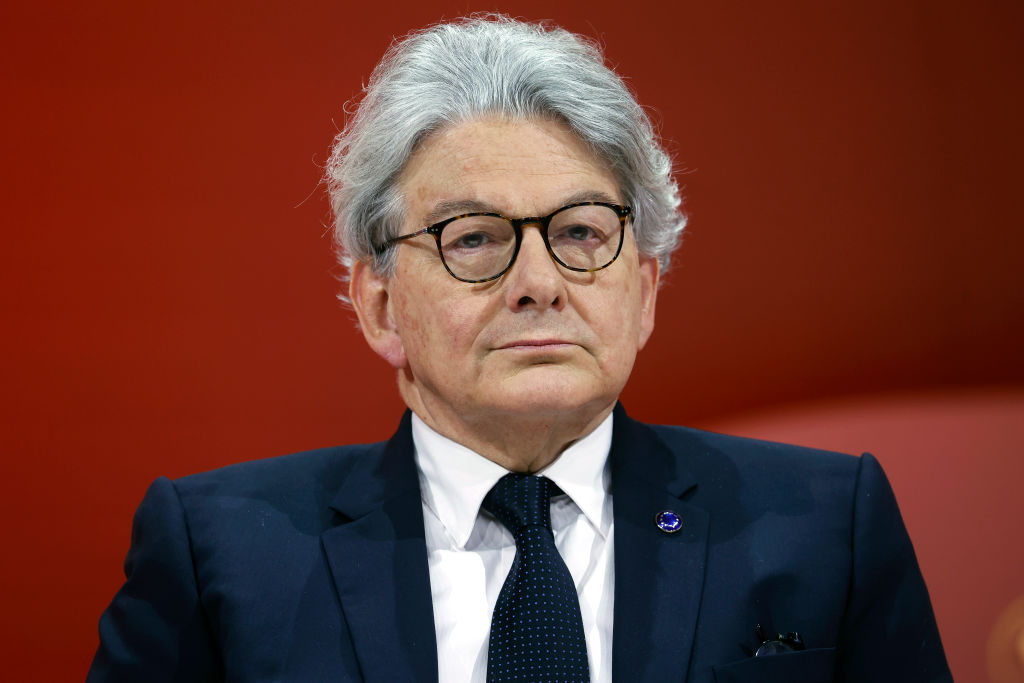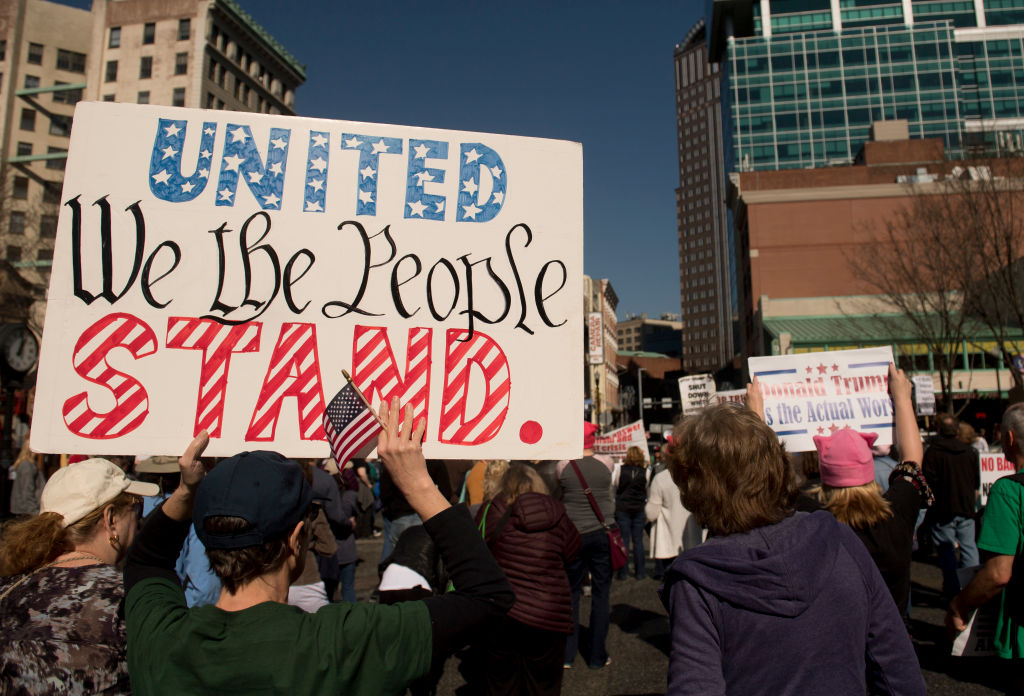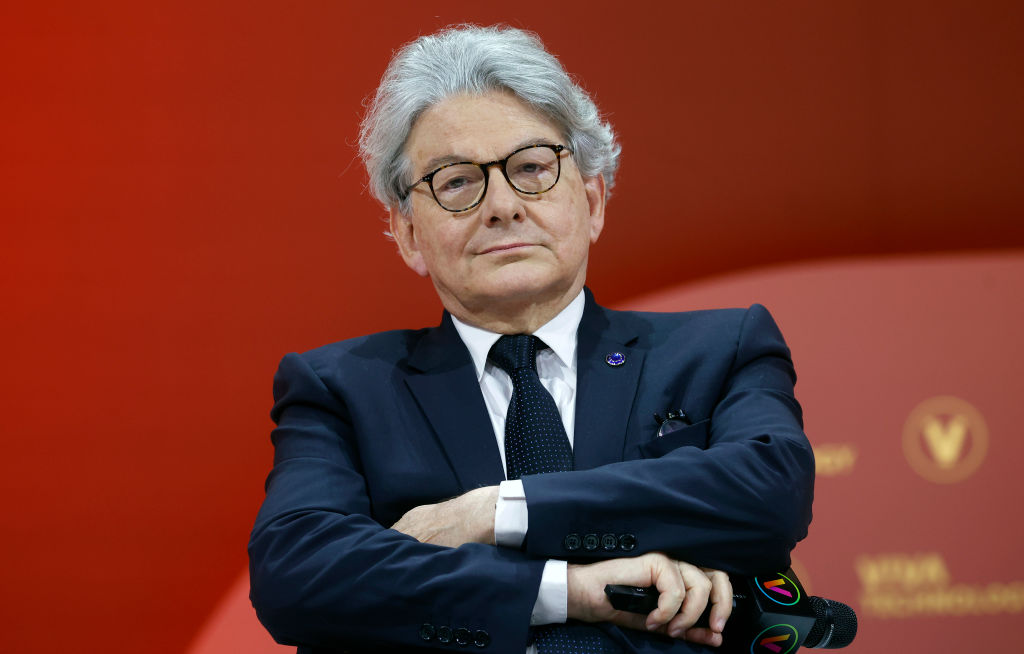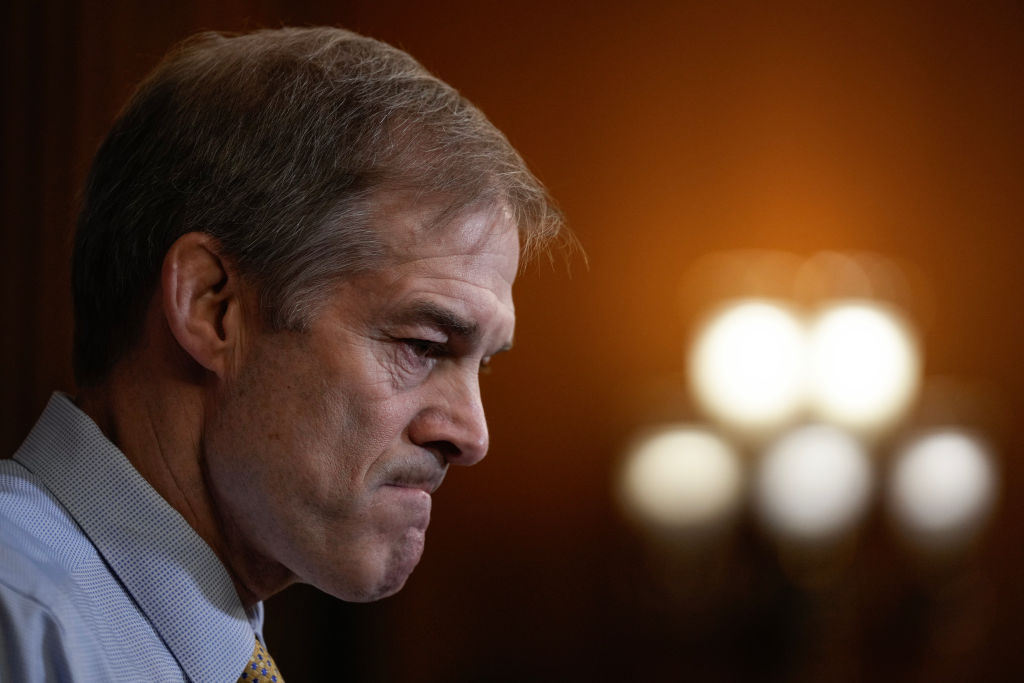Former former Commissioner for Internal Market of the European Union Thierry Breton has raised concerns that the EU is unprepared for the potential outcomes of the upcoming US election.
In an interview on October 28, Breton stressed that the bloc must learn to be more autonomous regarding the US, independent of its election cycles, referring to the current situation as “an absolute urgency”.
?️ "L'ensemble des institutions européennes ne sont pas encore assez préparées à ce qu'il va se passer le 5 novembre, et il y a 3 cas de figure", explique @ThierryBreton ⤵️ pic.twitter.com/6uDwyYQCDY
— LCI (@LCI) October 28, 2024
Breton, reflecting on the US presidential election set for November 5, voiced his concerns about the EU’s level of preparedness.
The European institutions are not prepared for what will happen on November 5.
He also warned that the outcome, particularly a narrow or contested result, could significantly impact the bloc.
“There’s a risk of an institutional crisis in the United States for weeks, perhaps even months, which could lead to a stalemate, and once again, Europe in its structure is not prepared to respond. For that, we need strategic autonomy and I’m afraid that’s not the case today,” he said.
US Republicans and Democrats have already contested the legitimacy of overseas voting, which many believe could tip the balance for one camp or the other.
A second term for Republican Donald Trump could introduce economic and security challenges for Europe, Breton argued.
“If Trump wins, I am deeply concerned that European institutions are unprepared for the profound shock this could bring, especially in terms of a trade war, defence, and our support for Ukraine,” he said.
According to the Economist Intelligence Unit, Trump’s chances of a second term as president could prove difficult for close US allies in Europe such as Germany, especially regarding trade policies.
Breton’s concerns extended beyond Trump; Kamala Harris’ policies would also likely impact the EU, he said.
If Harris were to become US president, it would probably mean a continuation of existing US policies, which he said had often strained EU relations due to increasing US protectionism over the past two decades.
“If Harris is elected, I’d like to say that there won’t be any major changes in terms of sovereignty. She’s following in the footsteps of Biden, who was following in the footsteps of Trump and Obama before him,” Breton said.
The European Commission had a different perspective.
On October 28, EC spokeswoman Arianna Podesta told Brussels Signal: “We are evaluating how any US election outcome could impact bilateral relations in specific policy areas. This includes discussions with EU member states.”
She emphasised the EU’s commitment to a strong partnership with the US, underscoring that engagement with its leaders remained bipartisan.
According to Podesta, the presidential elections result would not affect the value of US-EU relations.
“The EU and US, representing nearly 800 million citizens, are united by shared values and bound together by the most dynamic economic relationship on earth. The election results in the US in November will not substantially alter this reality,” she said.
She acknowledged such ballots often influenced policymaking.
“As with all elections, they can impact the policy directions of the partners,” Podesta remarked.
Despite reassurances, the EC declined to specify the details of its preparations for the US election.
Breton was not alone in raising concerns over EU “dependence” on the US.
French Europe minister Benjamin Haddad expressed a similar view on October 24, saying: “Whoever is elected, we need to take into account the underlying trends in the US, which is an America that is moving away from Europe, focusing on its rivalry with China and turning towards protectionism.”
Nous ne pouvons pas laisser la sécurité de l’Europe entre les mains des électeurs du Wisconsin tous les 4 ans.
Sortons du déni collectif : les Européens doivent prendre en main leur destin, quel que soit le président élu. @LCI #USA pic.twitter.com/5F0xA7QKpO
— Benjamin Haddad (@benjaminhaddad) October 24, 2024
“We cannot leave the security of Europe in the hands of voters in Wisconsin every four years,” he added.
“Let’s get out of collective denial. Europeans must take their destiny into their own hands, regardless of who is elected American president.”
France has long advocated for European autonomy from the US: from Charles de Gaulle’s 1966 withdrawal of France from the integrated military command structure of NATO to Jacque Chirac’s resistance to the 2003, eight-year Iraq war.
Current French President Emmanuel Macron has also called for increasing EU defence efforts, advocating for greater EU military independence from the US.
The European Union could be “killed” by the rise of the new “multipolar” world order, French President Emmanuel Macron has claimed. https://t.co/q6fIBrmLTg
— Brussels Signal (@brusselssignal) October 3, 2024





